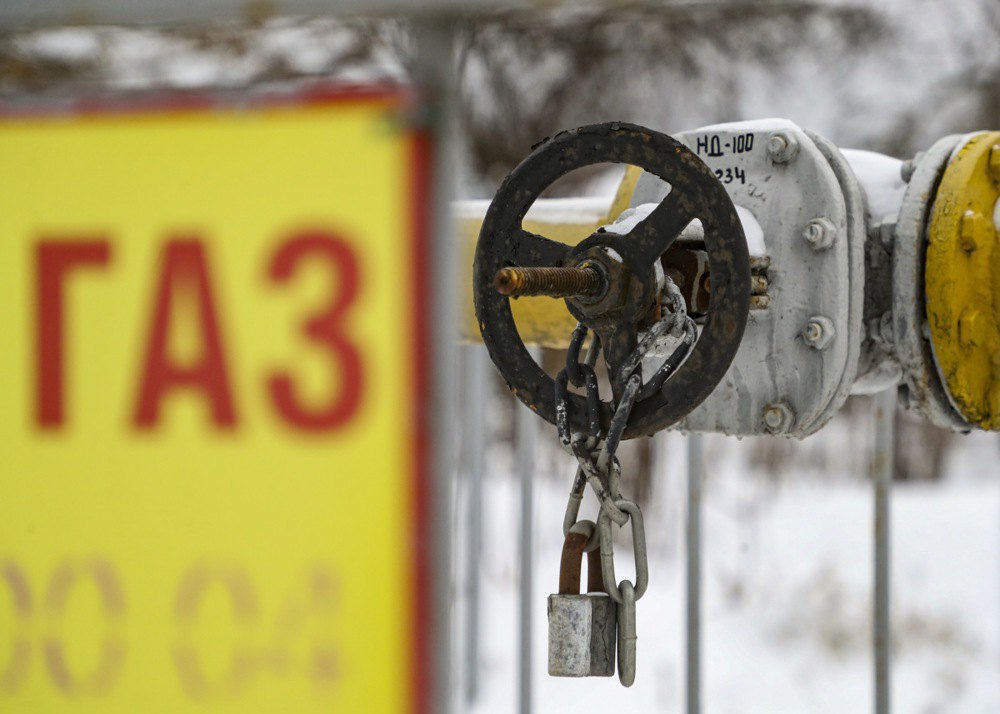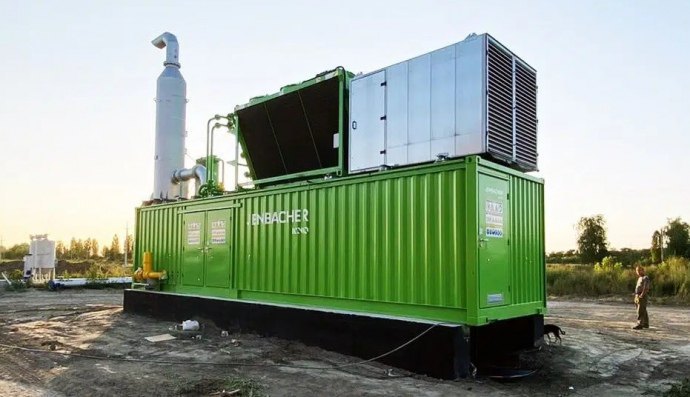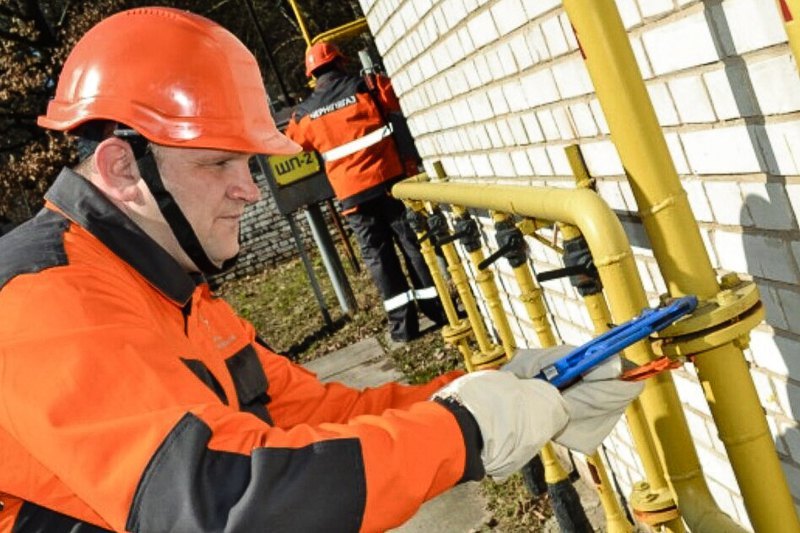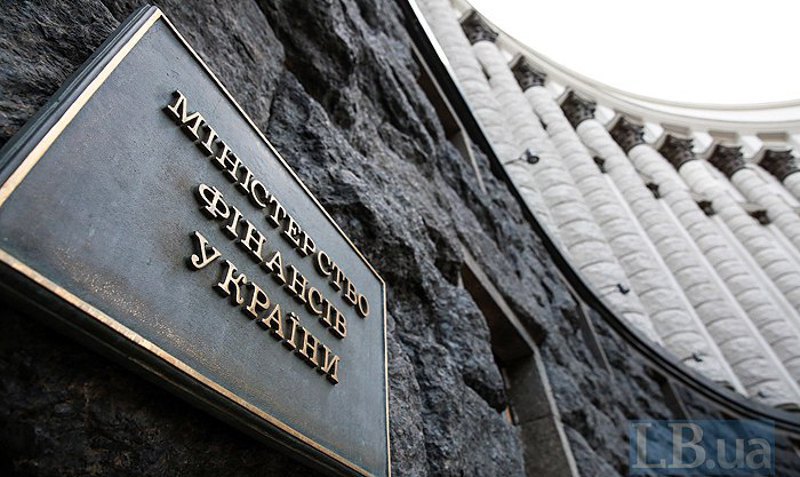
And according to Naftogaz CEO Oleksiy Chernyshov, the company is ready to "provide its resources for electricity production where it is currently possible".
However, there are certain "buts".
The new architecture of the energy system that Ukraine is trying to build at an accelerated pace will require several hundred small power plants, most of which will consume some gas as well as those TPPs and CHPs that can be restored before winter.
According to Hennadiy Ryabtsev, an energy expert and director of special projects at the Psyche Centre, the cost of electricity production at gas-fired power plants, which are supposed to be the basic element of distributed generation, will be about UAH 4.50 at the current price of natural gas for industrial enterprises.
"Given that the population receives electricity for UAH 4.32, and this energy is comparable to the cost of generation at Ukrhydroenergo's stations, UAH 4.50 is very favourable. Especially given that industrialists receive electricity at a price of UAH 8 and above. That is why, in my opinion, generating business interest and communicating the need to create an extensive network of small power plants is the first task that needs to be implemented right now," he said.

Reference.
During the 2023/2024 heating season, Ukraine used 6.7 billion cubic metres of gas from underground storage facilities. At the same time, according to government estimates, Naftogaz should have accumulated 14.7 billion, taking into account the risks of power generation. It is likely that the next heating season will see higher gas consumption, including due to the massive use of cogeneration units.
At the same time, according to Oleksiy Chernyshov, if the volumes of gas for generation are secured, the gas companies will face a significant problem with gas debts of heat and power producers.
"You need to understand that we are already supplying these companies at the price set by the state. These funds are necessary for the stability of gas supply, so resolving the debt problem is also urgent for the stability of the system," he added.
As of the end of March this year, the debt totalled UAH 63.4 billion. And the main reason for its appearance is that heat tariffs are unprofitable for utilities. It is forbidden to revise them (Ukraine has a moratorium on increasing heat tariffs during martial law and for six months after its termination), despite the fact that the cost of electricity has been allowed to rise. And in the 2024 budget, the government did not include funds to compensate for the difference in tariffs.

"Cities can't set real tariffs, they work at lowered rates. And it is so programmed that these debts will appear. We need to go further and make decisions so that tariffs can be set to cover losses. Before the war, we conducted a study of 80 district heating companies and water utilities, and only in 1-2 cases did the tariff cover costs. But it was purely calculated, not actual. We have certain components of the tariff that have a ceiling. That is, the amount of salaries, the amount of losses in the networks. They can only be included in the ceiling figures and no more. And they can actually be higher," said Svyatoslav Pavlyuk, Executive Director of the Association of Energy Efficient Cities of Ukraine, in a comment to UA Energy.
According to Ukrteplocomunenergo, an inter-industry association, debts increased by another UAH 17 billion over the last heating season and now amount to UAH 54 billion.
"At the same time, district heating companies continue to pay debts for natural gas generated by the state's failure to fulfil its obligations to compensate for the difference in tariffs, when almost all companies have already fully covered their debts for natural gas consumed, and the actual overpayment continues to grow. This leads to debts to suppliers of other services, such as natural gas distribution, electricity, water supply and sewerage," the association said.
Last autumn, a draft law on compensation for the difference in tariffs was registered in the parliament. It provides for compensation in the amount of UAH 34.2 billion to heat supply companies for the difference in tariffs, but the parliament has not yet begun to consider it.
"The position of the Ministry of Finance is that there are no funds in the budget to cover the difference in tariffs," Andriy Herus, head of the Parliamentary Committee on Energy, Housing and Utilities, told LB.ua.

As a result, we have a chain of problems: household incomes are not growing, to put it mildly, consumers are also not paying in full, tariffs cannot be raised, district heating companies generate not only heat and electricity but also losses and debts and, in turn, do not pay in full for the gas consumed by Naftogaz, which needs these funds to ensure the stability of gas supply.
"Everyone needs these debts to be settled - Naftogaz, fuel and energy companies, the government, our European partners. But this has not been done in two years," stated Oleksiy Kucherenko, First Deputy Chairman of the same committee. According to him, our partners are now preparing a roadmap to solve the problem, but where to get the funds to cover these debts is a question that has not yet been answered.







